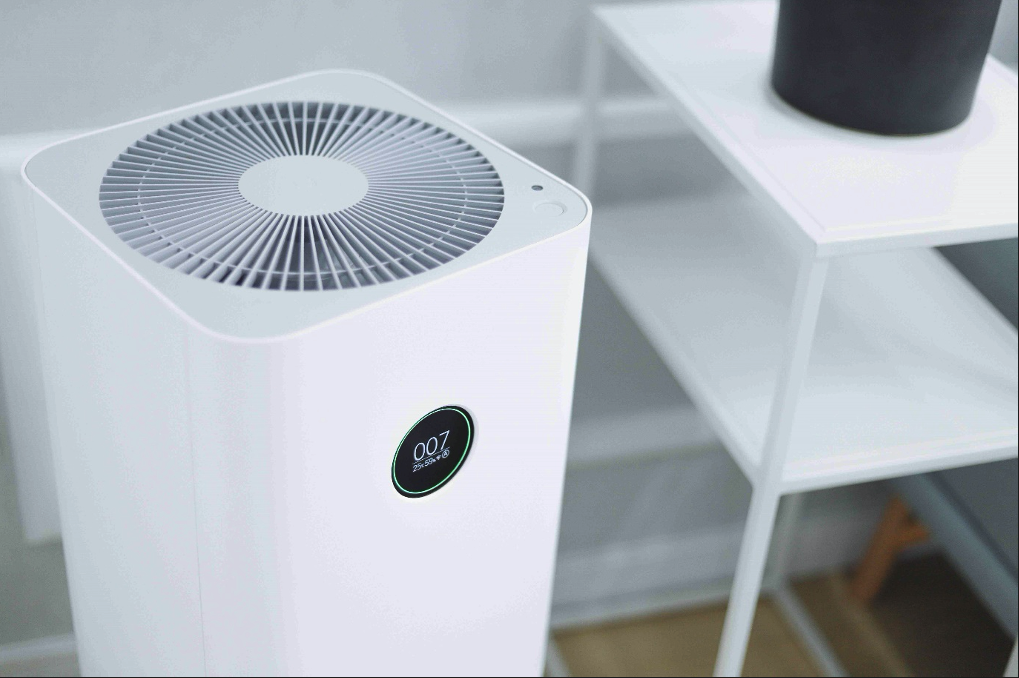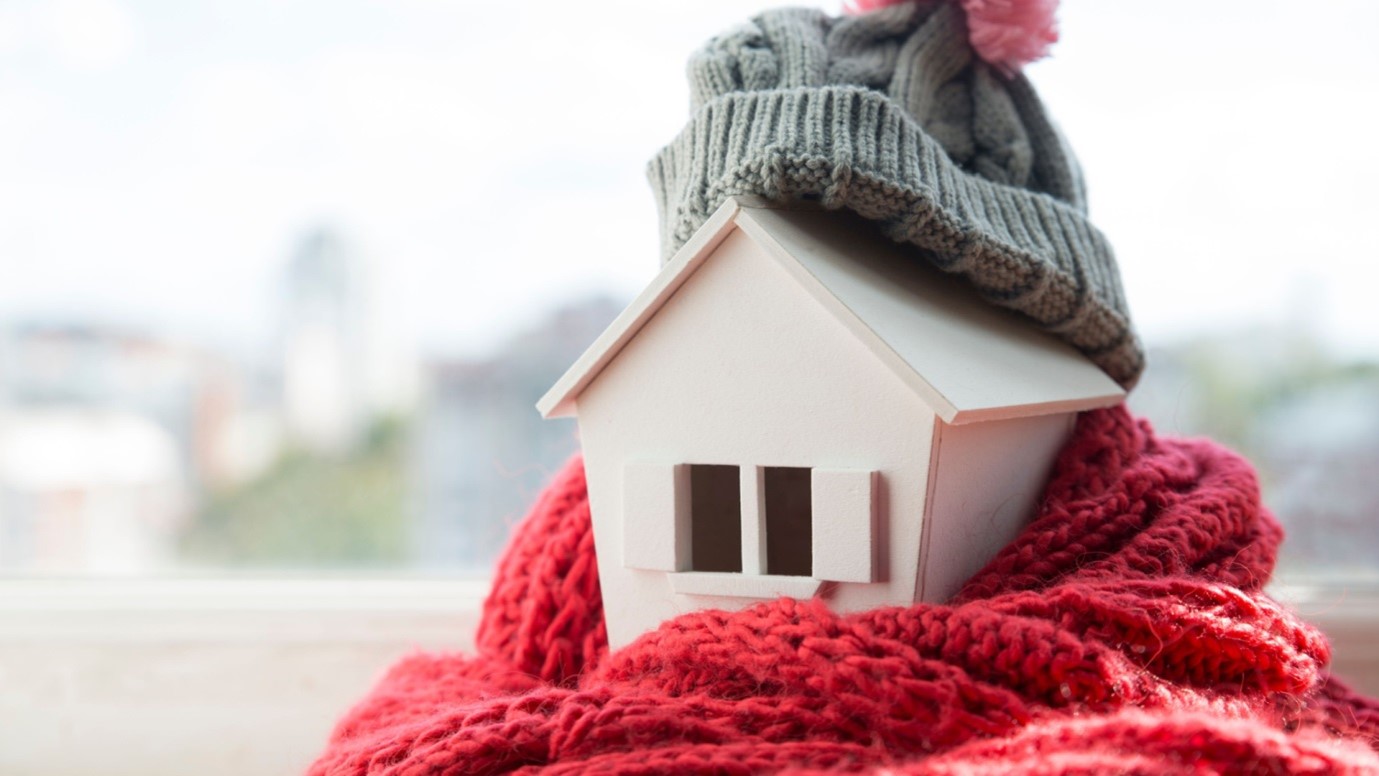We all like to keep our energy bills under control, but when it comes to air conditioning units during the summer months, it will add a certain amount to electricity bills. However, even though you may think it will be costly to install air conditioning, there are ways in which you can keep your bills low.
It is almost impossible to give a precise amount on how much extra it will cost to run an air conditioning unit as this will depend on the size of the air conditioning, the space you are cooling, and the frequency of use. Below we look at the costs of running an air conditioning unit and some energy-saving tips.
How Much Power Does an Air Conditioning Unit Use?
How cool you want the room to be and what temperature you set the thermostat to affect how much power the unit uses. It is also essential to ensure the doors and windows are closed, as leaving them open means the unit will have to work harder.
The size of the space you want to cool is integral. In a large room, the air conditioning unit needs to be on for longer, whereas in a small room, the space will cool down relatively quickly.
How quickly the room warms up is also a factor. If the room is susceptible to warming up quicker due to direct sunlight entering, the unit will have to work harder to maintain a cool temperature and use more power to sustain it.
If you have a routinely serviced air conditioning unit, it will work efficiently. If you do not have your air conditioning unit serviced regularly, this may affect its performance.
A small aircon unit will not incur as much cost as a larger unit. If you need to cool a single room, use a smaller unit to keep costs down.
There are additional factors that can produce extra or less expense when running an air conditioning unit.
The Type of Aircon System You Use
There are many different types of air conditioning units, and they vary in efficiency cost. If you have a climate control system, it will be cheaper to run than a regular air conditioning unit. Unfortunately, many customers choose to buy more affordable units that are less efficient because they are at the lower-cost end of the market.
The three main types of air conditioning units available on the market are
- Portable or standalone air conditioners
- Central air conditioning
- Split or multi-split air conditioning
A portable air conditioning unit is the most affordable. But although it costs less, it is more expensive to run. It may be an economical option, but your energy bill could be a lot more.
A central air conditioning unit uses ducting to distribute air around a house or building. For buildings, this is a practical solution, but it can impact energy costs. The air circulating can either lose or gain heat as it travels around the building. Even though it may come across as energy-efficient, it can also be expensive to run.
So, the best option is the split or multi-split air conditioning unit as this is highly efficient and flexible and has lower running costs.
The Output
You can help keep energy costs down by selecting an air conditioning unit that uses an output to keep the room or space you wish to stay cool.
If you buy an air conditioning system that doesn't have enough power to keep a room cool, you will find yourself having it on longer than you would need. Also, if you use a too powerful AC unit, it will add to your bills as it costs more to run. Consider the size and type of room as air conditioner suppliers can advise you on the correct AC for your needs.
Efficiency
The efficiency rating of your air conditioning unit can make a huge difference in how much it will cost to run. All air conditioning units come with an efficiency rating, so the more efficient the system, the less the cost and the less impact your electricity bill.
Insulation
If your home or property is properly insulated, this will have a significant influence on running your air conditioning unit as it will keep energy costs down as the unit won't need to work harder than required to keep room temperatures down. On the flip side, properties with poor insulation or no insulation will be affected by outside temperatures, and, in turn, an aircon unit will have to work harder.
Maintenance
As previously mentioned, keeping your unit serviced will help reduce energy costs, so make sure that any sign of a fault with your unit is fixed as soon as possible. We recommend that you get your unit serviced once a year.
Control
Remote-controlled or mounted air conditioning control systems can help keep costs down as you can select what time your unit comes on and for how long. This will impact your energy bill as you control how often you use the AC unit. When you pick an air conditioning system, bear in mind that its controls will impact how much it costs to run.
Features
Today, more and more air conditioning manufacturers include with their units features that will help with energy efficiency and make your unit more effective when it is in use. So always look at what 'extras' your unit comes with to help you choose the best energy-efficient unit to keep cool during the summer months. Take your time when selecting your AC unit and consider what we have mentioned here!
Summary
As you can see, it is difficult to provide an exact figure running air conditioning. But as a ballpark figure, depending on the unit's size, it will cost between 5p and 14p each hour. The figure equates to about £25 per month based on running a single unit for 6 hours per day. However, if you have a multi-split arrangement with several outlets, you will likely pay around £150 a month.













